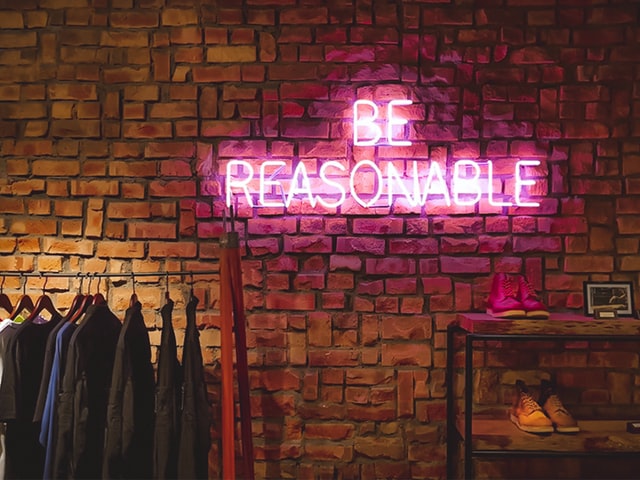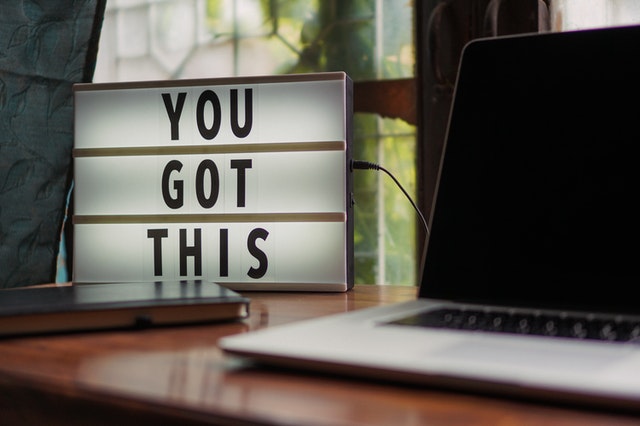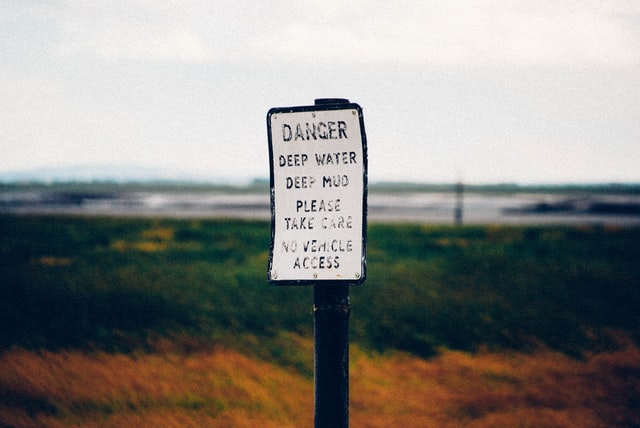Self-esteem is an opinion we have of ourselves; a way of placing value on ourselves as people. For many people, it typically fluctuates throughout our lives depending upon any given situation. Self-esteem is on a spectrum where having too much can be just as dangerous as having too little.
Most of us have mixed opinions of ourselves, but if your overall opinion is that you’re inferior or inadequate in some way, you have low self-esteem. If you feel you have little to offer the world and the people in it, you have low self-esteem. If you feel that you are not entitled to experiencing good things in life, yup, you guessed it, you have low self-esteem.
Having low self-esteem sucks the fun out of life, leads to destructive relationships, limits our potential, and leads to depression and other mental health conditions.
People with healthy self-esteem feel good about and value themselves and their achievements. They take pride in their abilities and accomplishments and enjoy sharing their talents with others. Most importantly, people with healthy self-esteem acknowledge their imperfections, but do not allow them to shape their own self image. In other words, they don’t put too much emphasis on their faults and limitations.
How to create a healthy self-esteem
The good news is a low self-esteem is not a life sentence. Since your low self-esteem developed over time (no one is born with low self-esteem), with the some basic skills and determination, you can learn how to develop a healthy one.
Here are a few ways to do it:
Forget perfection – focus on accomplishments
Perfection only happens in the movies. The truth is, you will never have the perfect body, the perfect house, the perfect kids, or the perfect relationship. Perfection simply doesn’t exist when it comes to human nature.
You are better off focusing your attention and efforts on your accomplishments. And when you achieve them, don’t devalue them by saying something like, “Anyone could’ve done that.“ Celebrate your achievements and keep track of them. Welcome compliments with grace and kindness. Most people don’t realize it, but when you brush off a compliment from someone, you are essentially insulting them.
Set realistic Expectations

If your expectations are realistic then you’re setting yourself up for failure – and for a blow to your self-esteem.
When you are setting goals, make sure they’re realistic. Having unrealistic expectations of yourself or how the world works in general, is a surefire way to kill your self-esteem, not to mention your motivation, ambition, mood and more!
For example, setting a goal like, “ I will lose 30 pounds this month” may not be realistic. Then what happens? At the end of the month, when you’ve only lost 13 pounds, you feel like a failure. You allow your inner critic to pipe up the chatter of things like, “See, I knew you couldn’t do it” or “You’re not capable of real change.”
Don’t set yourself up for failure by having unrealistic expectations.
Don’t compare yourself to others
Nothing damages your self-esteem faster than unfair comparisons. Others may make more money than you, have more Facebook friends, or six pack abs, but they don’t have your mind and experiences. Though it’s a tough habit to break, it’s important to stop comparing yourself to others and instead, celebrate your uniqueness. Besides, everyone, and I mean everyone, is struggling with something – whether they let you see it or not. And most don’t.
Life is too short to spend it buying everything your inner critic has to sell you. If you’re struggling with self-confidence or self-esteem, find an awesome therapist you like and trust to help you be the best version of you.
James Killian, LPC is the Principal Therapist & Owner of Arcadian Counseling in New Haven, CT where they specialize in helping over-thinkers, high achievers, and perfectionists reduce stress, increase fulfillment and enhance performance so they can move From Surviving to Thriving.




